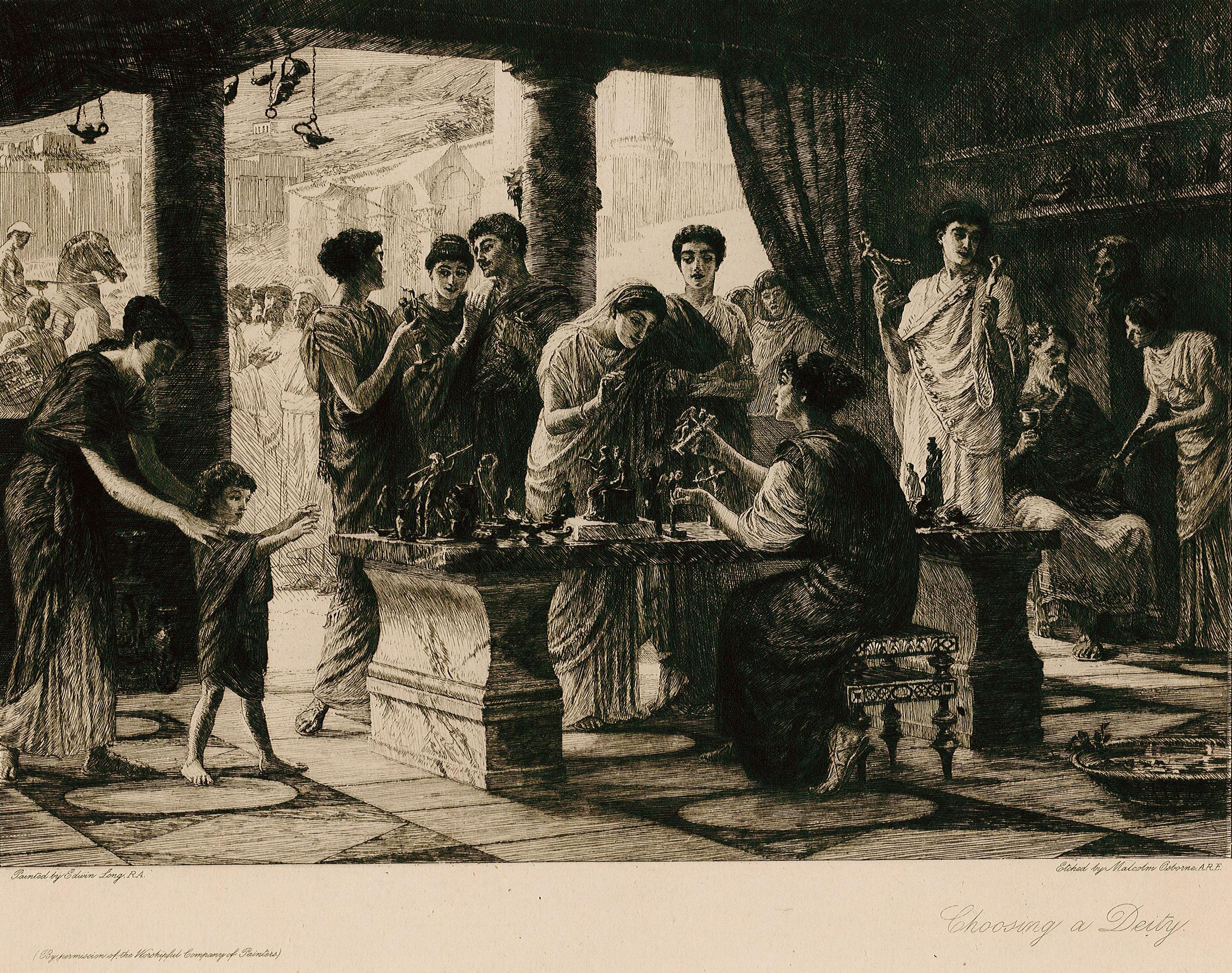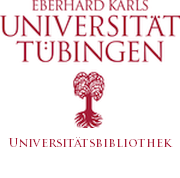Comparative Theology ‒ The Risk of Reiterating Patterns of Religionization?
DOI:
https://doi.org/10.71956/cdth002-art07Abstract
The article provides an insight into Marianne Moyaert’s analysis on ›religionization‹. One of her examples, the ›religio-racialized taxonomies based on comparative philology‹, demonstrates the process of the ›making‹ of Christianity’s others in the nineteenth century (Moyaert, 2024a). Taking this into consideration, the article examines whether nowadays the theological discipline of comparative theology is at risk of reiterating patterns of religionization ‒ even if unintended. Therefore, the article takes a closer look at comparative theology exemplarily analyzing four aspects of this discipline regarding patterns of religionization. These aspects are: the high requirements that comparative theologians aspire to fulfil, the methodological principle of working micro-logically, the consideration of Judaism and finally the risk of exploiting ›the other‹.
Downloads
Published
Issue
Section
License
Copyright (c) 2025 Elisabeth Migge

This work is licensed under a Creative Commons Attribution-NonCommercial 4.0 International License.






